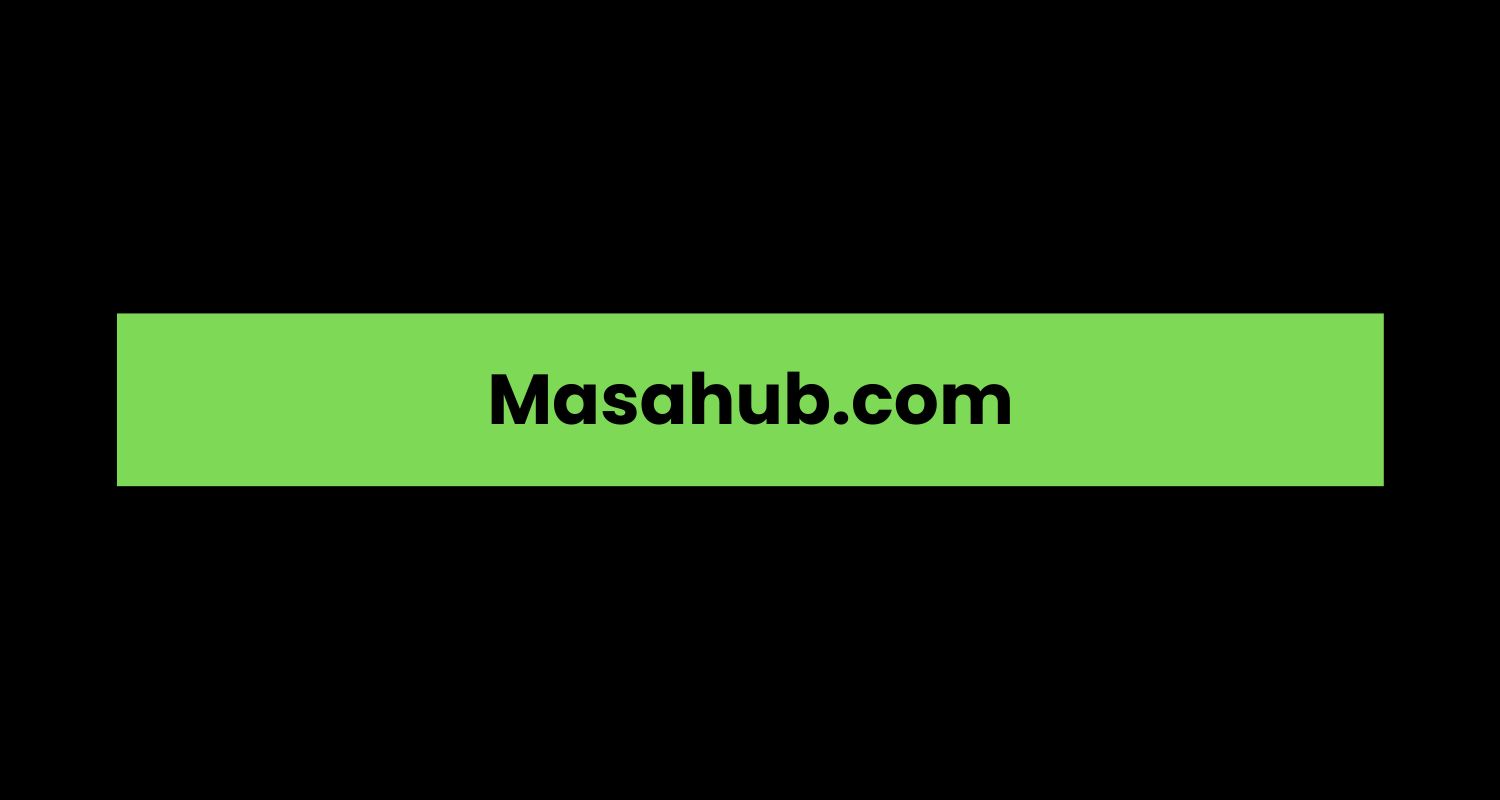Porn Search Issues & Trends | Discover Now!
Is the digital landscape truly a boundless repository of information, or are we, in our relentless quest for knowledge and entertainment, inadvertently stumbling upon hidden, potentially harmful corners? The persistent absence of desired search results, coupled with the rise of illicit content, suggests a troubling undercurrent within the seemingly infinite expanse of the internet.
The echoes of frustrated searches "We did not find results for:" serve as a stark reminder that the online world, despite its vastness, isn't always accommodating. The plea to "Check spelling or type a new query" hints at the subtle challenges of navigating this digital realm, where precision and accuracy are paramount. Its a world where algorithms, the gatekeepers of information, determine what we see and don't see, potentially shielding us from undesirable content, but also, perhaps, obscuring valuable truths. The reality is that this world is now full of harmful content for everyone.
The emergence of specific, often explicit, search terms "Desi indian new porn download, college girl sex watch, village bhabhi mms watch, college girl fuck mms watch," and the similar "Masahub2 indian new porn download, college girl sex watch, village bhabhi mms watch, college girl fuck mms watch" paints a disturbing picture. These queries, driven by human curiosity and desire, unveil a darker side of the internet. They suggest a demand for content that often violates ethical boundaries and potentially exploits individuals, particularly those who are young and vulnerable. The pursuit of such content raises serious questions about the ethical responsibility of both content creators and consumers, and the effectiveness of existing safeguards.
- Karoline Leavitt From Trump Rallies To White House The Latest
- Eduardo Saverin Facebook From Cofounder To Billionaire Latest Updates
The phrase "Watch free new porn videos," is more than just a query, its a call to action. These words highlight the accessibility and availability of explicit material online. The allure of free content, a tempting offer in an increasingly pay-to-access world, can be particularly dangerous, potentially leading individuals down a path of exploitation and harm. This underscores the importance of critical thinking and the need for users to be aware of the risks associated with online content consumption.
The appearance of the emoji "\ud83d\udcc8 trending videos in the last 24 hours" is a beacon. It indicates the ever-evolving nature of online trends. The rapid pace at which content gains and loses popularity means that what's trending today may be forgotten tomorrow. It also points to the importance of staying informed about the latest developments in online culture and being aware of how trends can influence behavior.
Finally, the statistic "\u2022 masahub.net receives approximately 3.4k visitors and 3,907 page impressions per day" provides concrete evidence of the scale of this problem. The website serves as a case study of the vast amount of traffic that such sites can attract. The figures reveal the reach of potentially harmful content and the challenges of controlling its spread. This is a potent reminder that a digital footprint has real-world implications and that online choices have consequences.
- Pernell Roberts From Bonanza Fame To A Lasting Legacy
- Kara Swisher Journalist Elon Musk More Latest News Insights
In this case, we can't create a table for any specific person as the topic is more general. Instead, here's a table analyzing the types of content, their potential risks, and some potential countermeasures, structured for easy insertion into a WordPress environment:
| Content Type | Description | Potential Risks | Countermeasures |
|---|---|---|---|
| Explicit Content (Pornography) | Includes videos and images of a sexual nature, often featuring adults, but sometimes involving minors. |
|
|
| Exploitative Content (MMS, "Revenge Porn") | Videos or images created and shared without consent, often used to humiliate or blackmail individuals. |
|
|
| Misinformation and Disinformation | False or misleading information spread intentionally to deceive. |
|
|
| Violent Content | Depictions of violence, which can range from staged to real, including graphic images and videos. |
|
|
| Hate Speech | Content that attacks or promotes violence against a group or individual based on attributes like race, religion, ethnicity, sexual orientation, disability, or gender. |
|
|
For further information on the ethical implications of online content and media literacy, you can consult the following resource: Common Sense Media
The implications of the digital environment are broad and multi-faceted. The anonymity of the internet can give an individual an emboldened view of the world. It allows people to voice their opinions and to find communities of like-minded people, and in some instances, it can lead to people making a stand for their beliefs, even if it means that the stand they are making has real world consequences. The ease of sharing information allows ideas to spread rapidly. This can be incredibly beneficial when it comes to disseminating useful and accurate information, but it also allows misinformation to proliferate quickly. The spread of misinformation can be harmful, especially when it concerns matters of public health or social justice. It's essential to think critically about everything we encounter online and to be aware of the potential for harm that exists in the digital world.
The constant flow of information and entertainment presents a challenge to our ability to focus and to filter what we encounter. This can lead to information overload and make it difficult to distinguish between trustworthy and untrustworthy sources. The algorithms that power search engines and social media platforms can also contribute to this problem. They are designed to show us content that we are likely to engage with, which can lead to a situation where our existing biases are reinforced and we are exposed to an increasingly narrow range of perspectives. This can, in turn, lead to more echo chambers and contribute to a growing divide in society.
It's also important to consider the potential for online addiction and the impact that the internet has on our mental health. The constant stimulation and the desire for social validation can lead to unhealthy patterns of behavior. People may spend an excessive amount of time online, neglecting their real-life relationships and responsibilities. They may also experience anxiety, depression, and other mental health problems. The impact of the internet on our self-esteem and body image is also a cause for concern. The curated and often unrealistic portrayals of people and lifestyles on social media can lead to feelings of inadequacy and a distorted view of reality.
The economic implications of the internet are significant. The online economy has created new opportunities for entrepreneurship and innovation, but it has also led to new forms of exploitation and inequality. The rise of the gig economy, for example, has provided many people with the opportunity to work flexibly. However, it has also led to precarious employment conditions and the erosion of worker protections. The concentration of wealth in the hands of a few tech giants is another concern. These companies often have a huge influence on our lives, but they are not always held accountable for their actions.
Navigating the digital world responsibly requires a multifaceted approach. It includes a combination of individual awareness, education, and collective action. As individuals, we must be vigilant about what we consume online. We need to be critical consumers of information, questioning the sources and motives behind the content we encounter. It's important to take breaks from the internet, to engage in real-life activities, and to prioritize our physical and mental health. We can also be more thoughtful about how we interact with others online, avoiding hate speech, cyberbullying, and other forms of online harassment.
Education plays a key role in shaping responsible internet users. Schools, families, and communities should all prioritize media literacy. It teaches people how to analyze information, to understand the power of persuasion, and to identify potentially harmful content. It also teaches the ethics of online behavior and the importance of respecting others. This education needs to start early and it should continue throughout our lives, as the online landscape is constantly evolving.
Collective action is essential to address the systemic challenges posed by the digital world. Governments, tech companies, and civil society organizations all have a role to play. Governments need to pass and enforce laws that protect people from online harms, such as hate speech, cyberbullying, and the spread of misinformation. Tech companies need to take greater responsibility for the content that is shared on their platforms. This includes investing in content moderation, implementing algorithms that prioritize accurate information, and promoting the well-being of their users. Civil society organizations can play a crucial role in raising awareness, providing support to those who have been harmed, and advocating for policy changes.
In conclusion, the digital world presents incredible opportunities for connection, learning, and innovation. However, it also poses significant risks. By understanding the potential pitfalls and taking proactive steps to protect ourselves and others, we can harness the power of the internet while mitigating its potential harm. This requires a commitment to critical thinking, media literacy, ethical behavior, and a collective effort to build a safer and more responsible digital future.



Detail Author:
- Name : Delores Abernathy
- Username : cathrine.borer
- Email : marley25@gmail.com
- Birthdate : 1984-12-25
- Address : 85871 Rutherford Flats Suite 345 Kieranbury, IN 77192
- Phone : 820.731.3370
- Company : Upton, Predovic and Wilderman
- Job : State
- Bio : Magnam facilis culpa quia quas sit debitis vitae vero. Velit consequatur molestiae recusandae unde ex accusantium est. Maxime aut et odio illum voluptatum. Officiis provident quae impedit a.
Socials
tiktok:
- url : https://tiktok.com/@bette.gusikowski
- username : bette.gusikowski
- bio : Quaerat illum et at accusamus et nihil fugiat molestiae.
- followers : 2710
- following : 2727
instagram:
- url : https://instagram.com/bgusikowski
- username : bgusikowski
- bio : Et vitae fugit aut quis natus possimus. Maiores minima et odit a quos dolores.
- followers : 6075
- following : 1551
facebook:
- url : https://facebook.com/bette_real
- username : bette_real
- bio : Optio rerum impedit impedit omnis.
- followers : 5509
- following : 37
twitter:
- url : https://twitter.com/bgusikowski
- username : bgusikowski
- bio : Ea neque officia quasi fugiat enim voluptas earum magnam. Voluptatem assumenda consequatur et est voluptatem. Reiciendis qui reiciendis natus.
- followers : 1318
- following : 451